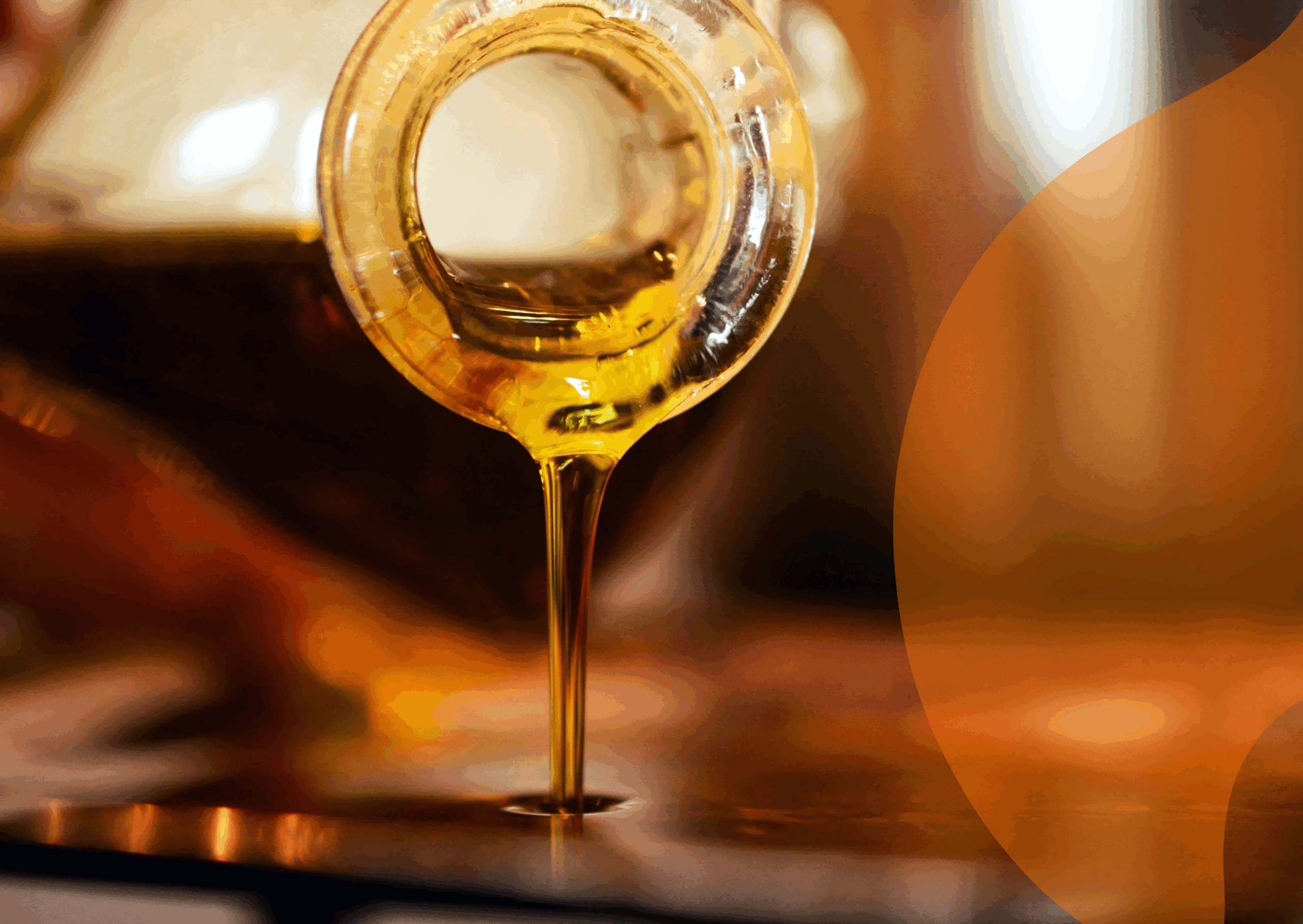When we talk about “refined,” we usually mean clean, pure, and safe, however in the case of vegetable oils, even refined products can contain invisible hazards. Two of such risks are 3-MCPD and GE (glycidyl esters). These are processing contaminants that can form during high-temperature refining, especially during the deodorization step.
Why do they matter?
3-MCPD has been linked to kidney toxicity and is classified by the International Agency for Research on Cancer (IARC) as possibly carcinogenic to humans.GE is also considered probably carcinogenic. In the body, it can release glycidol which is a genotoxic compound that may damage DNA and increase the risk of cancer.
Because of these risks, regulatory authorities closely monitor both substances, and the EU has set strict maximum levels for refined oils, especially in products for infants and children.
How do they form?
These contaminants are not present in the raw material but may be created during processing, especially when:
- The temperature exceeds 200°C, particularly during deodorization.
- The crude oil contains chlorine compounds, which act as precursors.
- The refining process involves low moisture and low acidity, conditions that promote the formation of these contaminants.
The risk of forming 3-MCPD and GE varies depending on the type of oil and its refining conditions. Palm oil is generally considered the most sensitive, due to its natural composition and the high deodorization temperatures often used. However, other edible oils like avocado, coconut, sunflower or rapeseed, can also form these contaminants if the refining process is not properly controlled.
What can we do about it?
The risk of contamination is minimized with the right refining process and supplier awareness.
Key mitigation strategies include:
- Controlling refining temperatures (applying lower temperatures).
- Adjusting process parameters to optimize acidity and moisture.
- Using bleaching earths or adsorbents to remove potential precursors.
- Risk-based monitoring testing through external accredited laboratories.
How dо we handle it at Cefetra Premium Oils?
We treat every oil individually. Each type has its own risk profile and refining conditions, which is why we carry out product-specific risk assessments.
Additionally, we also:
- Work only with approved suppliers and co-producers
- Request regular testing for 3-MCPD and GE from accredited labs
- Follow regulatory developments and stay aware of upcoming changes
- Provide clear specifications and expectations to our stakeholders
Interesting fact about testing
While 3-MCPD and GE are only relevant in refined oils, testing crude oils can still be useful. Why? Because detecting them in a “crude” sample might reveal adulteration with lower-grade refined oil. So this can be an important clue when verifying product authenticity.
Final thoughts
Even if you’re not involved in technical processes, understanding that “refined” doesn’t always mean risk-free is key. Whether you work in production, quality, sales, trading, or logistics, awareness helps us all work toward safer, cleaner, and more transparent oil supply chains.
Because the best way to manage risk is to know it, name it, and act on it. Even when it’s not immediately easy to see.

